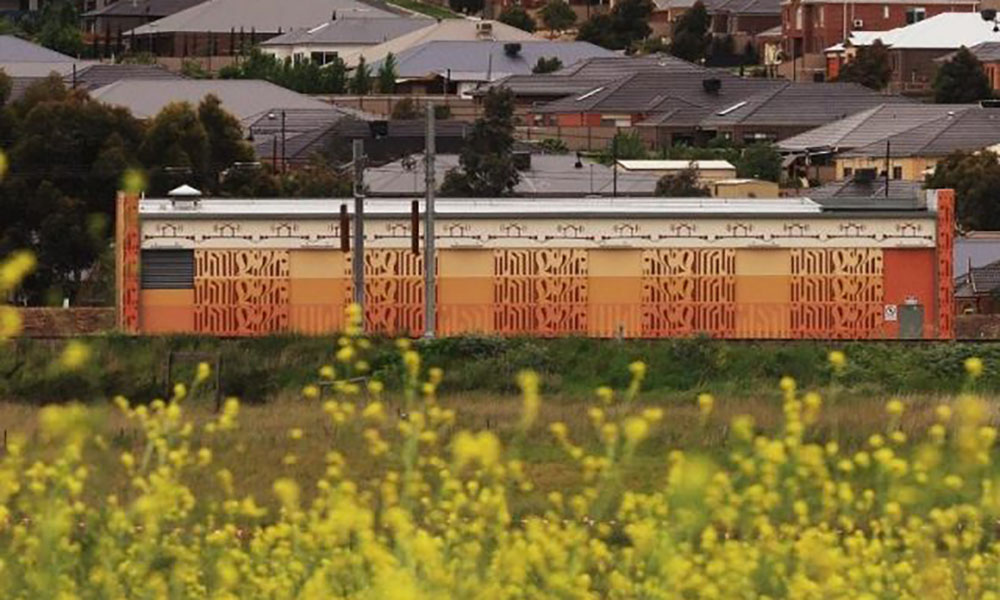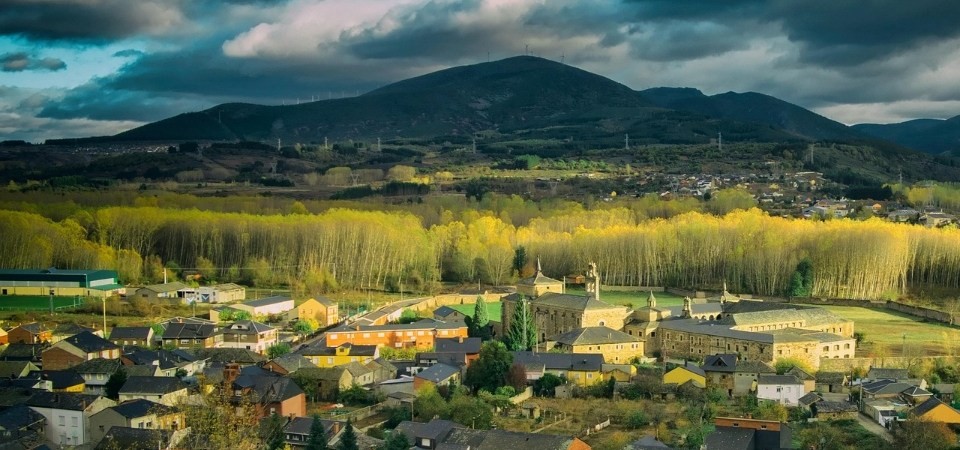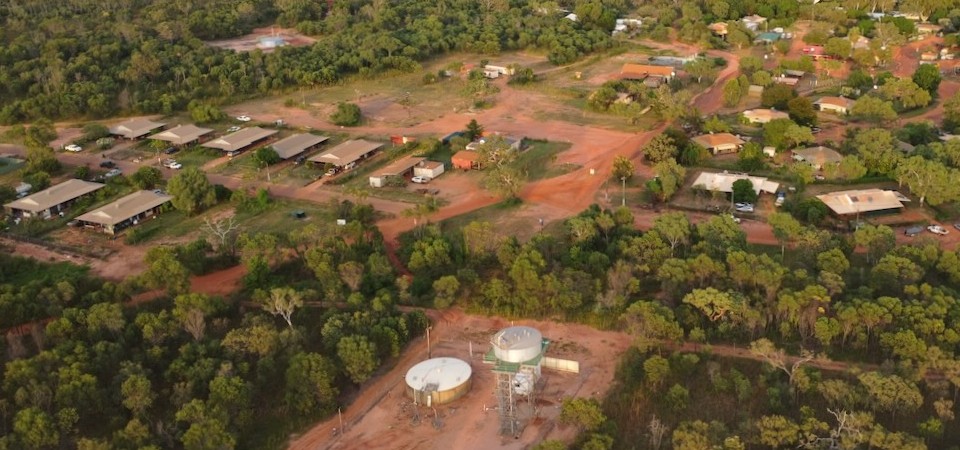Digital Ethnography Research Centre
DERC conducts human-centred research of data and digital transformations. We work with students, communities, governmental, nonprofit and corporate partners. Our researchers explore how humans feel, create, respond, and engage with digital technologies. We study everyday lived experience, the future of work, creative youth practices, tech policies, tech design, digital literacy and a range of other human-centred design propositions.
Social Equity Research Centre
Launched in 2023, the Social Equity Research Centre provides a platform for a multidisciplinary community of practice across a range of thematic areas related to delivering transformational research for social justice and equity. Working in partnership we generate excellent innovative research that drives policy and practice transformation.












